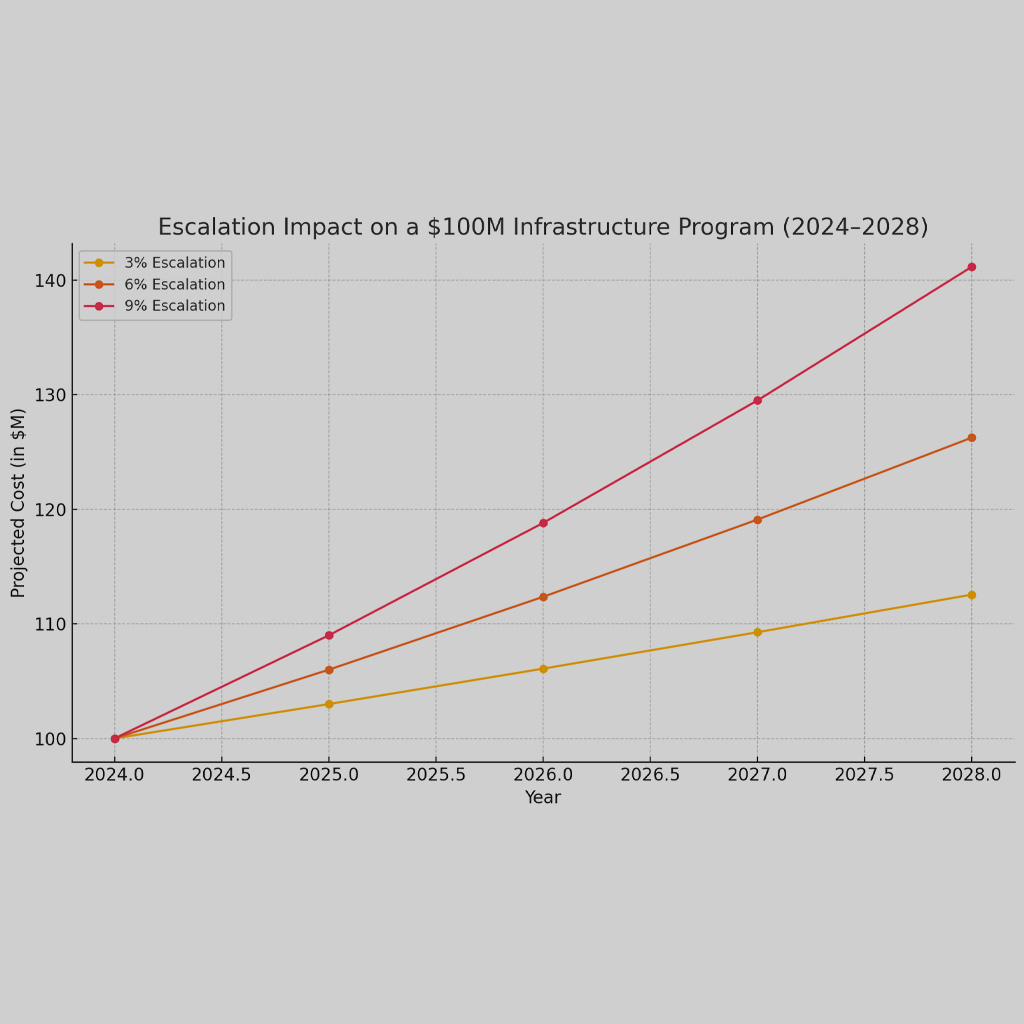As financial stewards of taxpayers’ dollars, local government entities and educational institutions have a solemn duty towards citizens to ensure every penny is utilized wisely, especially when it comes to large-scale, high-stakes projects such as those funded by Capital Improvement Bond Programs. To safeguard the public interest and optimize the realization of infrastructure projects, these organizations should consider adopting the practice of Capital Improvement Program Readiness Audit (CIPRA) audits. These audits delve deeper than mere financial oversight, encompassing a myriad of controls and procedures to ensure effective and efficient execution of capital improvement programs.
A Readiness Audit for a Capital Improvement Bond Program transcends conventional financial auditing. This expanded audit scope encompasses the analysis of budgetary constraints, cash flows, and cost estimates, but doesn’t stop there. It seeks to gauge the integrity of program controls meant for efficient execution of construction projects. This involves a close scrutiny of resource leveling, master schedule oversight, contract compliance, stakeholder engagement plan, procurement, and other integral elements of a successful capital improvement program.
The audit process verifies the robustness of resource leveling mechanisms in place to ensure a smooth and constant workflow, thereby preventing costly delays. Additionally, it closely examines the master schedule, determining whether it is realistic and achievable while ensuring any discrepancies are promptly identified and remedied. In terms of contract compliance, the audit validates that all contractual obligations are being met while promoting adherence to all pertinent laws and regulations.
Furthermore, the importance of a well-crafted stakeholder engagement plan cannot be overstated. An audit ascertains whether a comprehensive plan is in place to facilitate ongoing dialogue and collaboration with all key stakeholders, including citizens, contractors, and local government officials. This engagement is critical to maintaining transparency, addressing concerns, and fostering a sense of ownership among community members.
Another area of focus is procurement, an oft-overlooked yet critical aspect of capital improvement programs. The audit process scrutinizes procurement policies to ensure competitive bidding, diligent contractor selection, and judicious purchase of materials and services. The ultimate goal is to prevent fraud, waste, and abuse while ensuring the most effective use of taxpayers’ funds.
To address the multi-faceted nature of capital improvement programs, the Capital Improvement Program Readiness Audit requires a broad skillset. This includes financial expertise, knowledge of civil engineering and construction, understanding of local government operations, and a keen eye for regulatory compliance. The auditors must be adept at working with a diverse range of stakeholders, from local officials to citizens, to ensure a seamless process.
In conclusion, a CIPRA for a Capital Improvement Bond Program is an essential component of public financial management. It provides an in-depth understanding of the program’s controls, operations, and safeguards. Moreover, it acts as a bulwark against misappropriation of public funds and mismanagement, serving as a testament to the organization’s commitment to fiscal responsibility and public accountability. It’s a clear message to citizens that their interests are being safeguarded – a message that is indispensable in building public trust and supporting the shared journey of community development.
At Front Line Advisory Group, we are pioneers in Capital Improvement Bond Management, leveraging unparalleled expertise and deep industry insights. Our mission extends beyond consultation – we empower our clients to realize the full potential of their investments, ensuring tax dollars are put to maximum use through astute Program Management Consulting. For more information or to commence your journey towards transformative bond management, reach out to us at info@frontlineadvisorygroup.com.













